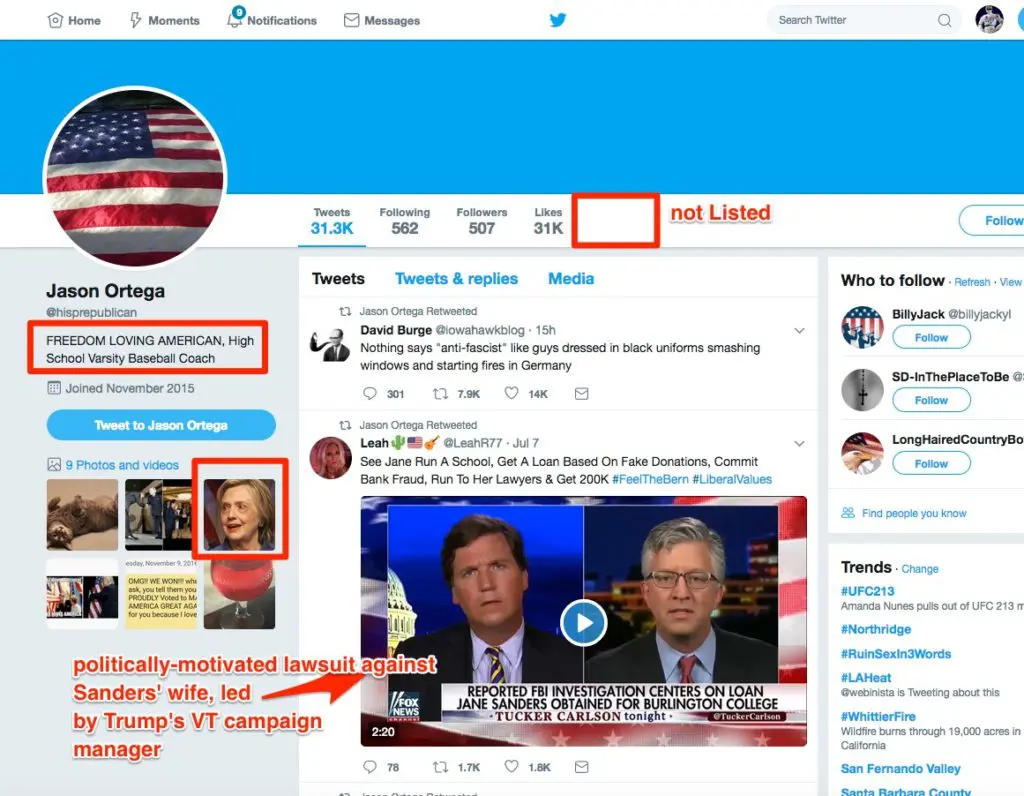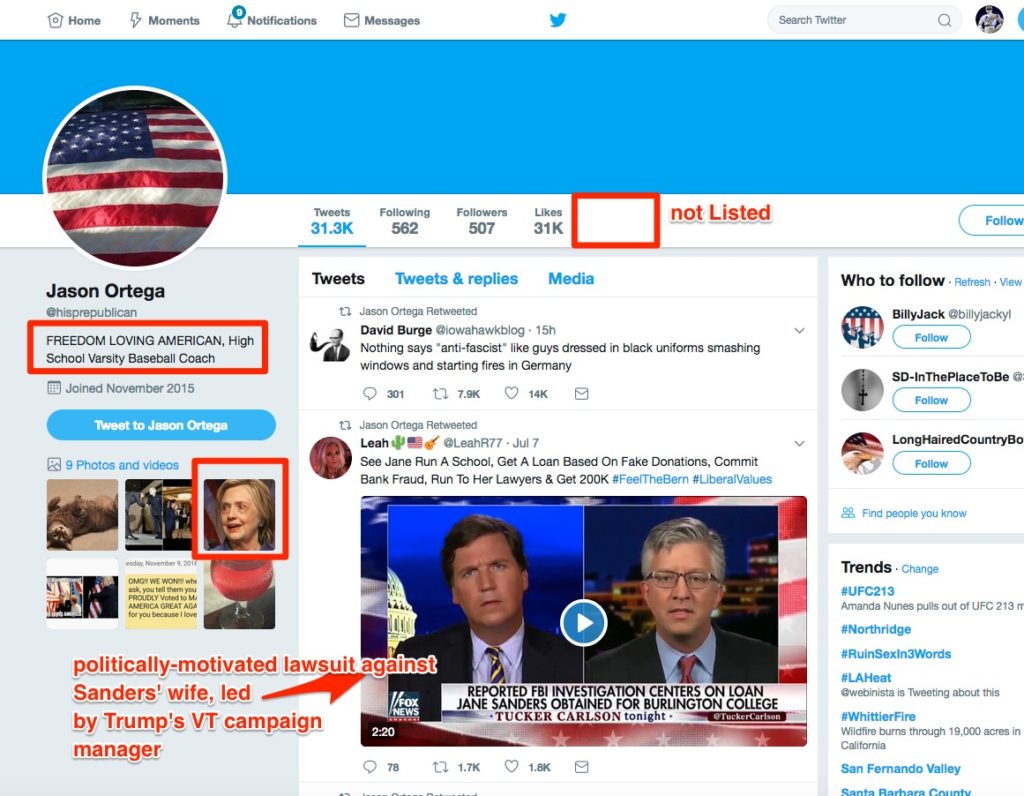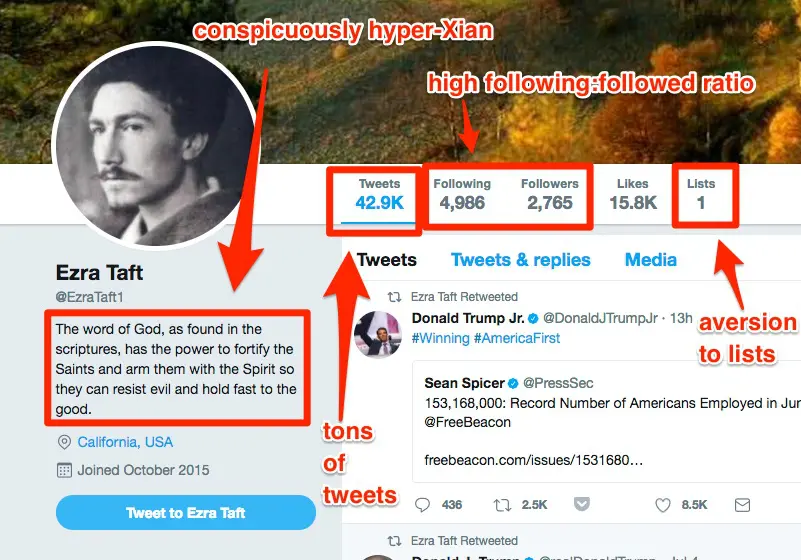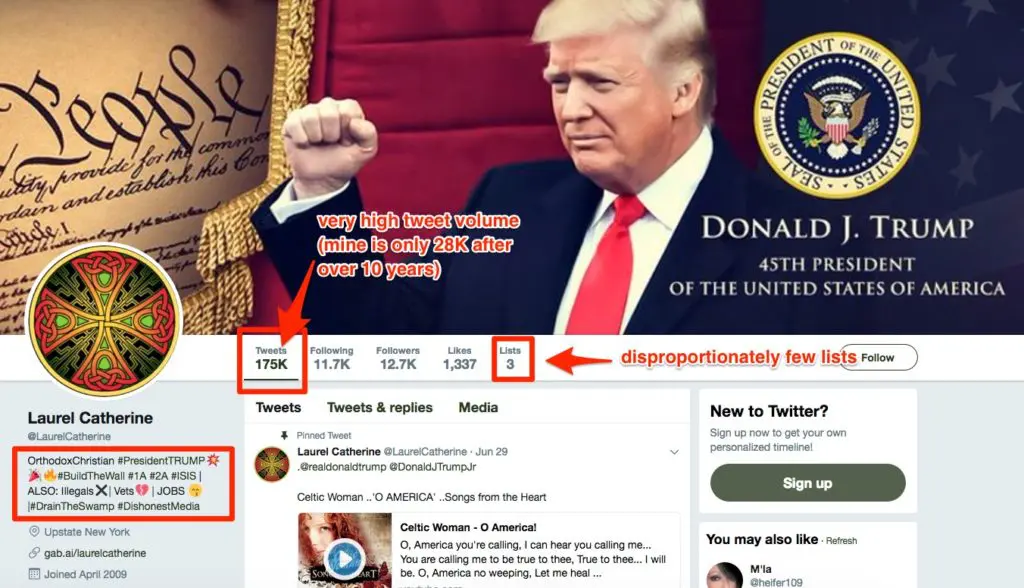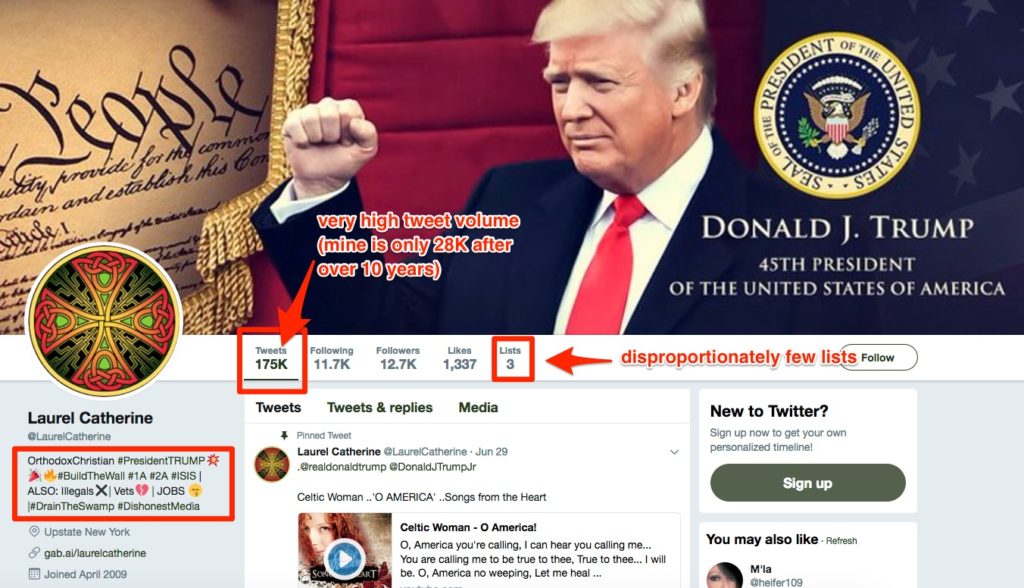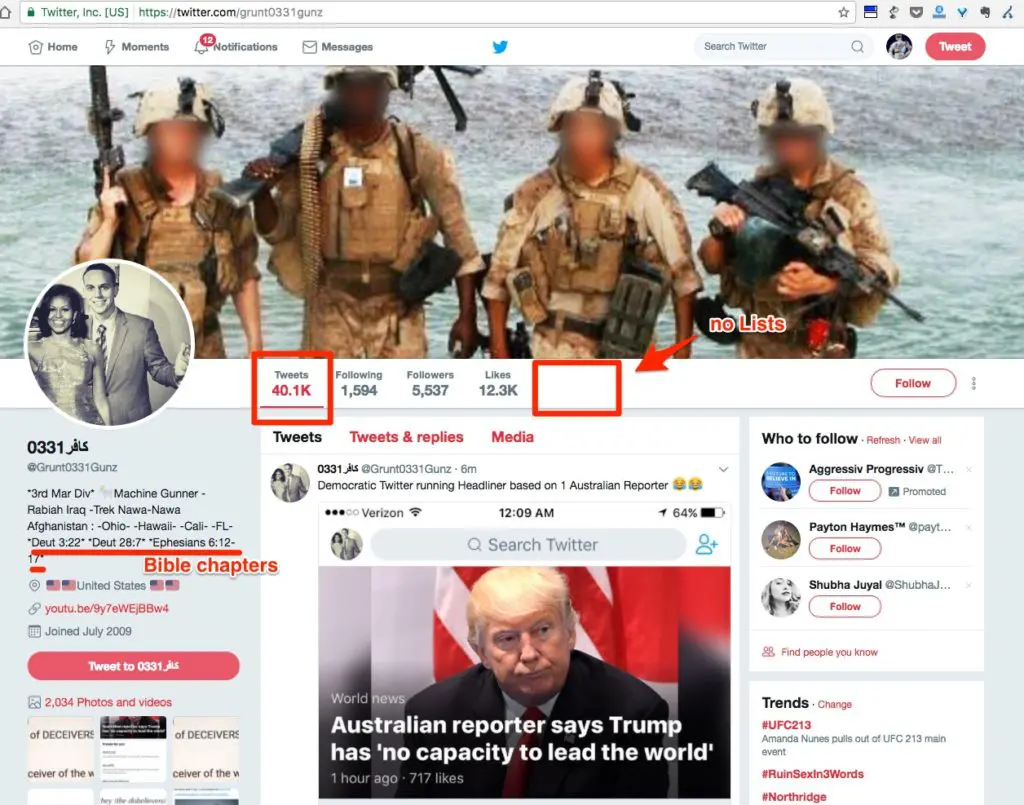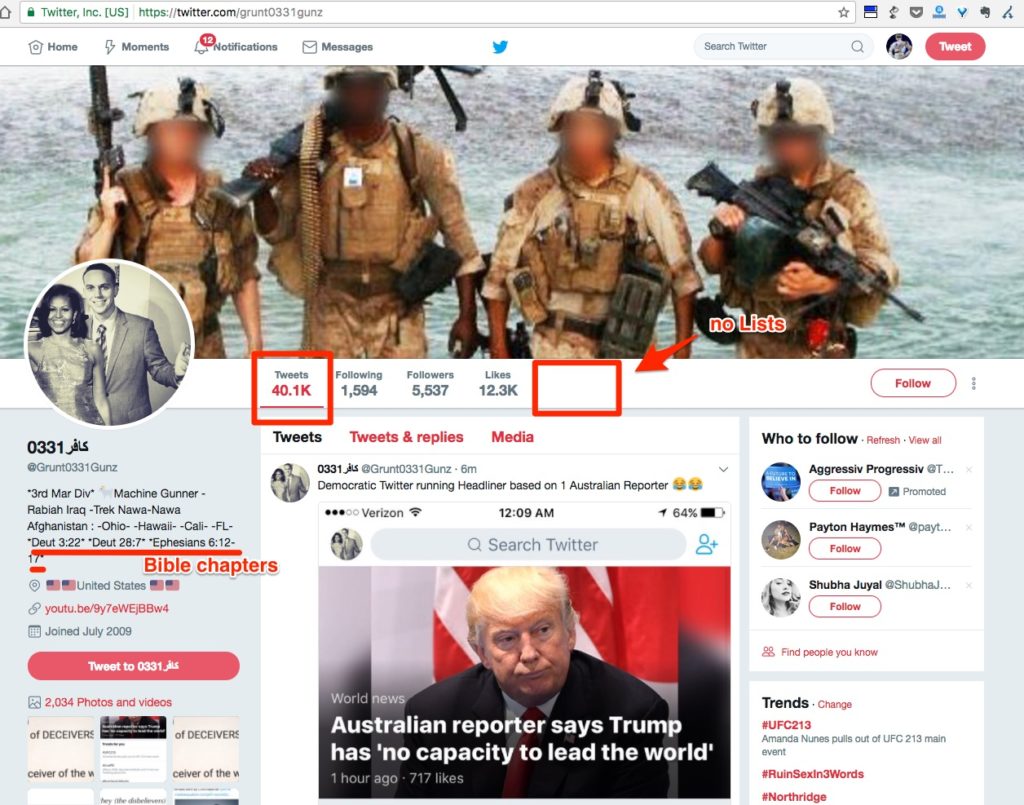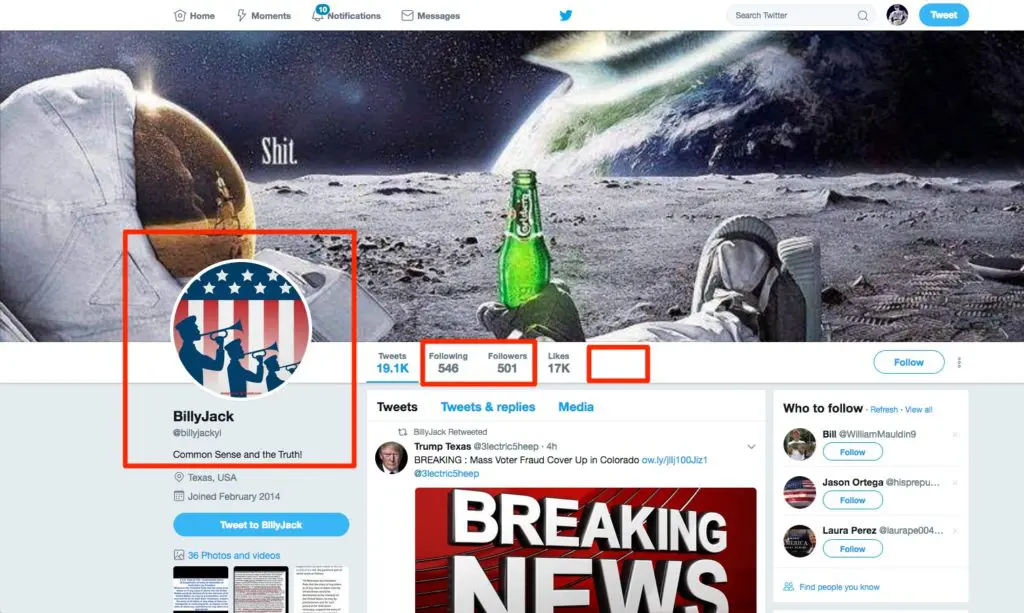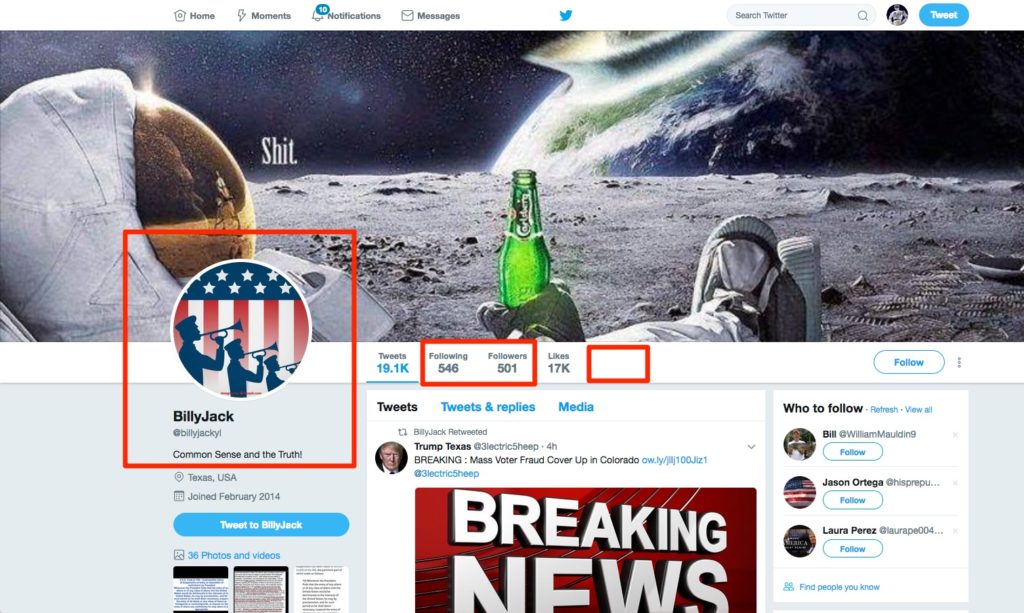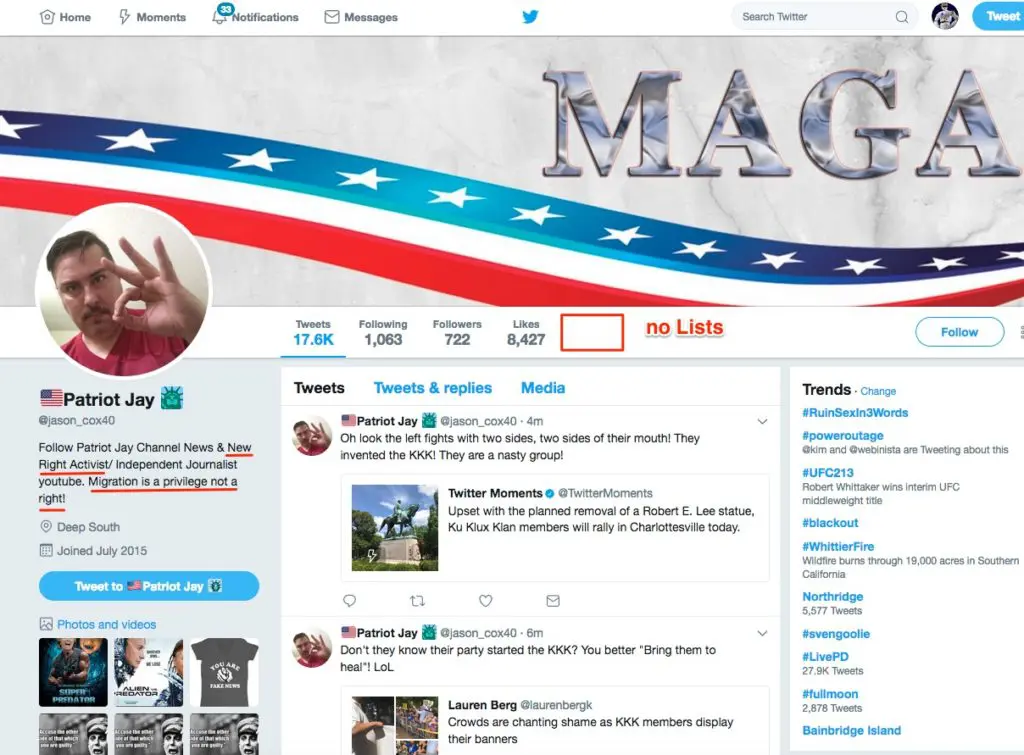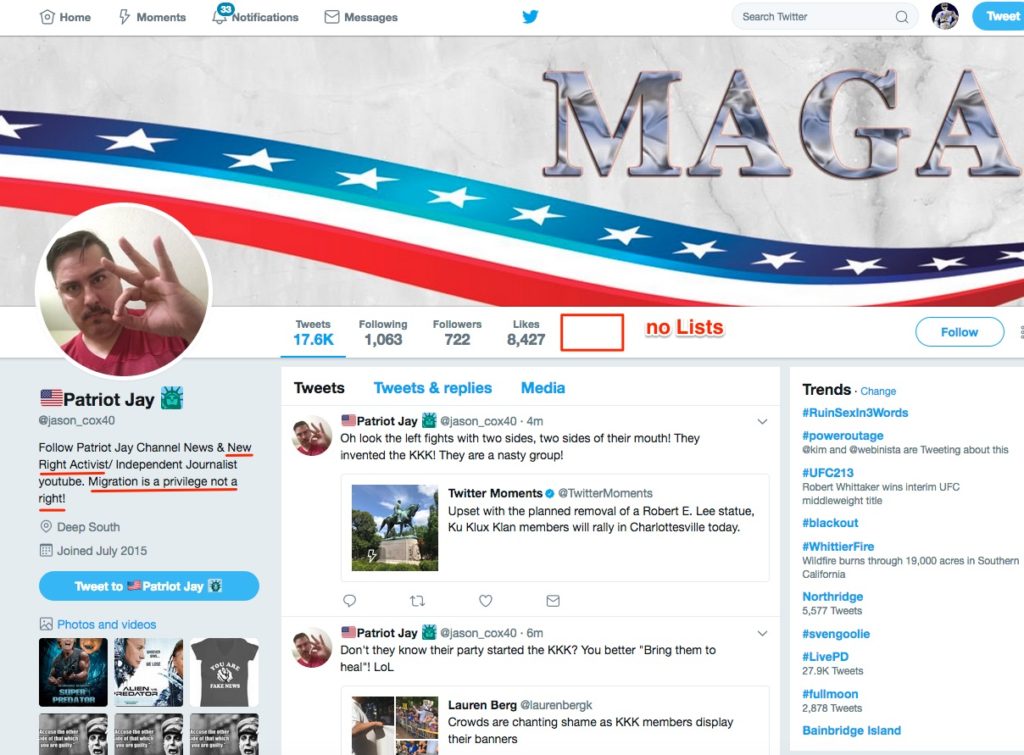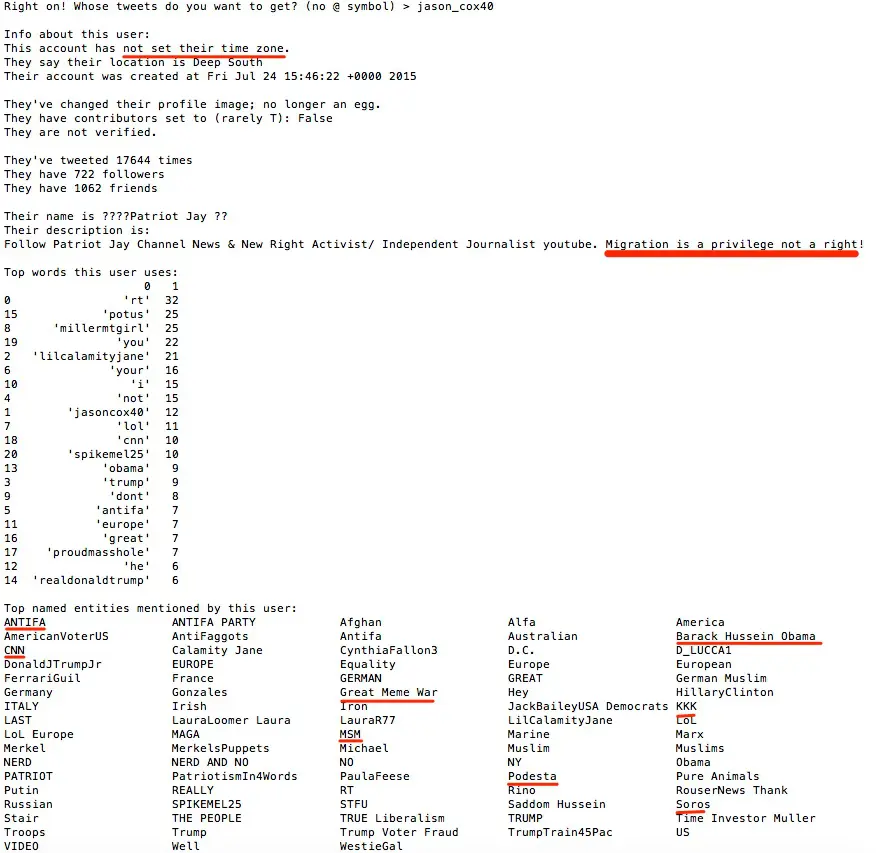Hybrid Warfare
Information warfare involves the use and management of information to gain a competitive advantage over an opponent, including both offensive and defensive measures. Offensive tactics might involve cyber attacks, hacking, and disinformation campaigns aimed at undermining an adversary’s decision-making process or public morale. Defensive measures focus on protecting one’s own information systems and networks from similar attacks. Information warfare is heavily reliant on technology and the internet, making it particularly relevant in the digital age.
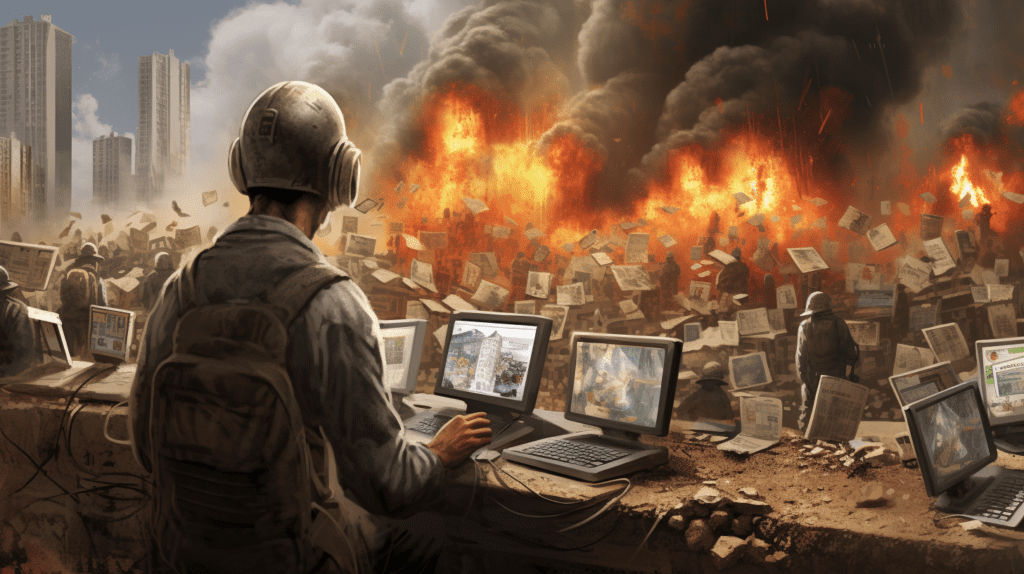
Geopolitical conflict is now less about the collision of massive armies and much more about a combination of information warfare, intelligence, espionage, criminal networks, cyberwarfare, psychological warfare, and an overall blend of strategies in addition to traditional “hot” war mechanisms like troop deployment — as well as more modern twists on military engagement including drone strikes and cyberoffensives (the Russia-Ukraine conflict is a canonical modern example of this hybrid warfare strategy). Russian psychological warfare of the Cold War era presaged much of what was to come in modern day spy vs. spy intensity, and the advent of the Internet, social media, and an entirely new digital threat horizon heralds the growth of this form of conflict for years and decades to come.
Information warfare in the United States
Nor is it simply a geopolitical problem manifested by foreign adversaries — now information warfare is a domestic disturbance fomented largely by right-wing political actors and reactionaries in a massive backlash to the cultural and social progress of multiethnic democracy in America since the Civil Rights movement of the 1960s. From massive corporate PR campaigns lying to the public about the cancerous consequences of smoking to the deliberate seeding of conspiracy theories like QAnon into political discourse, the information warfare playbook has gone mainstream within the Republican party.
Whether we’re aware of it or not, we as American citizens are unwitting infantry in a new form of slow-moving Civil War. In this war, some of the first armaments to pick up are in this set of dictionaries below. Knowledge has always been power — but now, knowledge is one of our best defenses against the Dark Arts as well.
Information warfare terms
- Active measures
- Alternative facts
- Anti-government ideology
- Astroturfing
- Backdoor
- Bank Secrecy Act
- Big Lies
- Bigotry
- Birtherism
- Black and White Thinking
- Blood libel
- Brainwashing
- Chemtrails
- Climate change denial
- Cognitive dissonance
- 📚 Conspiracy Theory Dictionary 📚
- Cultural Marxism
- Dark Money
- DARVO
- Deep fakes
- Deep state
- Dehumanization
- Demagogues
- 📚 Disinformation Dictionary 📚
- Doxing
- Exfiltration
- Extremism
- False flag
- Fifth world war
- Financial Crimes Enforcement Network (FinCEN)
- Flat earth
- Foreign Agents Registration Act (FARA)
- Foreign bank account report (FBAR)
- FSB
- GamerGate
- Gaslighting
- Global cabal
- Great Replacement Theory
- Influence techniques
- John Birch Society
- Keylogging
- Lizard People
- Lost Cause religion
- McCarthyism
- Middle servers
- Memes
- Motivated reasoning
- New World Order (NWO)
- Novichok
- Neurolinguistic Programming (NLP)
- Originalism
- Paleologic
- Paranoia
- PizzaGate
- Project Lakhta
- QAnon
- Repetition effect
- Scapegoating
- Science denialism
- Shitposting
- Sockpuppet accounts
- Spearphishing
- Supremacy
- SWATting
- The Illuminati
- Titushki
- Trial balloon
- Trickle down economics
- Trolling
- Unthinking
- Whataboutism
- Zionist Occupied Government (ZOG)










